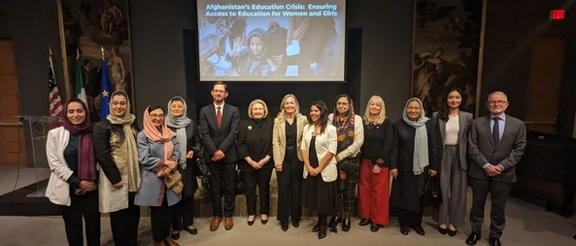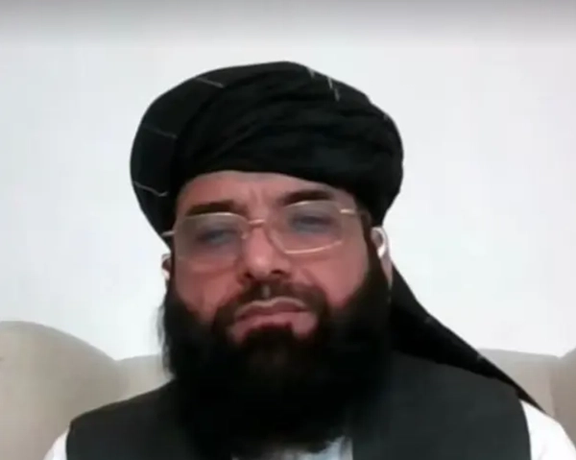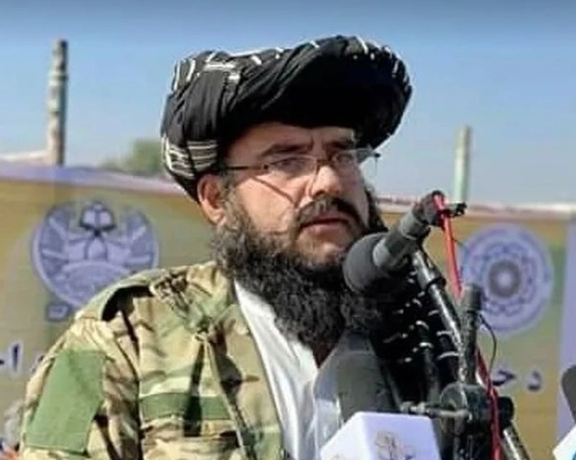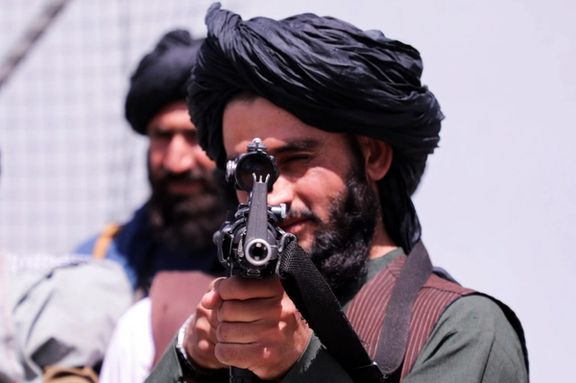In New York, Feridun Sinirlioğlu, the UN Special Coordinator for Afghanistan, has started his work and met with several Afghan women leaders. However, compared to the scale of complexity of the situation in Afghanistan, can these efforts pay off, and more importantly, what Afghans want to do for the future of their country?
In London, Thomas West met and spoke with Tariq Ahmad, British Minister of State for Middle East, North Africa, South Asia, and the United Nations, and Andrew McCourbrey, Director of Afghanistan, and Pakistan Affairs of the UK Foreign Office. In these meetings, he discussed the shared interests of the two countries in Afghanistan. After London, West will visit the United Arab Emirates during the four-day regional trip to promote Afghanistan talks.
In New York, Feridun Sinirlioğlu met with Asila Wardak and Habiba Sarabi, Afghan women's rights activists, and discussed the scope of his mission. His main mission is to provide a comprehensive report on the situation in Afghanistan and proposed solutions to the existing stalemate within the next five months.
The United Nations and the parties involved in Afghanistan's affairs are trying to hold another meeting to address the political deadlock in Afghanistan, with a focus to bring together the domestic stakeholders of Afghanistan such as the Taliban, Afghan political leaders, women's rights activists, and civil society around a common agenda.
However, these efforts show that there is not much appetite and enthusiasm to resolve the Afghanistan issue, and at least until now, neither the United States nor the United Nations has shown any urgency to create a political consensus among Afghans.
It is evident that the United States has lost its interest in Afghanistan and has no long-term plan for the country. The US’ interests have shifted, and Washington has other priorities than Afghanistan. The US policymakers’ attention has been shifted to the war in Europe to push back Russia's ambitions and prepare for a confrontation with China over global resources.
Although American diplomats, soldiers, and citizens who have served in Afghanistan for more than two decades and people like Thomas West have deep emotional ties with this country, are still trying to keep the Afghanistan issue alive in the US policy circles, terrorism and the threat to America's national security is not so urgent, to drag the time and capital of Washington to Afghanistan at least in the current situation.
That’s why the US has practically entrusted the Afghanistan case to the United Nations so that the organisation, as a neutral actor, manages the situation in Afghanistan with the help of the countries in the region. While the role and influence of the United States in Afghanistan under the control of the Taliban have been gradually declining, the importance of regional powers in the affairs of Afghanistan has been strengthening.
However, in the meantime, another vital piece of the puzzle of Afghanistan is missing. Afghans themselves have not been able to present a plan for the future of their country that would mobilise regional and global actors around it. The democratic and nationalist forces of Afghanistan, scattered inside and outside the country, are highly fragmented. The Taliban, as one of the other main Afghan sides, has not taken any steps to engage with these Afghan professionals.
The parties of the Supreme National Resistance Council for Salvation of Afghanistan, the political groups led by Rahmatullah Nabil and Hanif Atmar, and political leaders who have remained inside Afghanistan under the Taliban including Hamid Karzai and Abdullah Abdullah, have taken small initiatives, but none of them have been able to form a popular national umbrella, so that the international community utilises that to resolve the Afghanistan issue.
Apparently, both the Afghan politicians and the international community expect one another to come up with a plan, and it is the duty of Feridun Sinirlioğlu to present a plan to the Secretary General of the United Nations to provide a platform for intra-Afghan reconciliation.
The need and dependence of the different political sides of Afghanistan on each other require that all parties show a clear will to interact with one another to address the current situation in Afghanistan. In the meantime, as an undeniable fact, if the Taliban wants to transition from a militant group to a party that forms an internationally recognised government in Afghanistan, they need the support of the international community and Afghan professional forces.
Although there are currently 21 active foreign embassies in Kabul and 16 embassies based in Doha, which regularly engages with the Taliban, no country has recognised the group as the legitimate government of Afghanistan. Coupled with the above, even if the Taliban government receives international recognition, Afghanistan will remain challenging, because the Taliban will continue to suffer from the lack of domestic legitimacy and will not have the capacity to provide services to Afghan citizens and eradicate poverty from across Afghanistan.
Therefore, to end the current deadlock and provide political stability in Afghanistan, Afghans need to come up with a roadmap that can gain domestic and international support.






